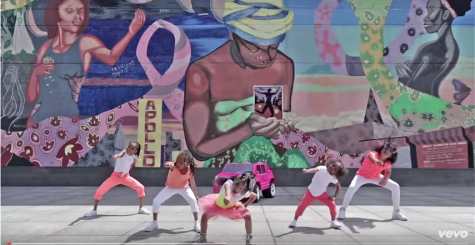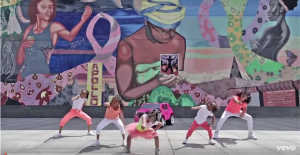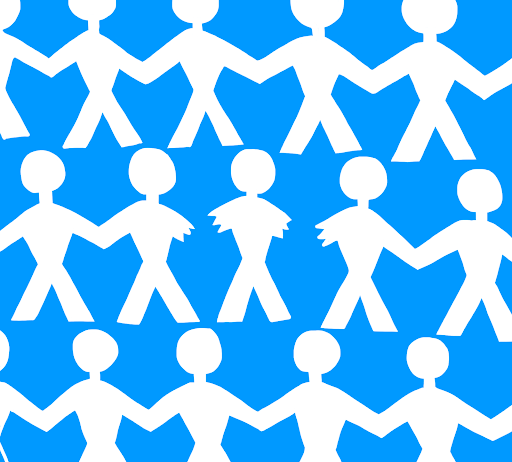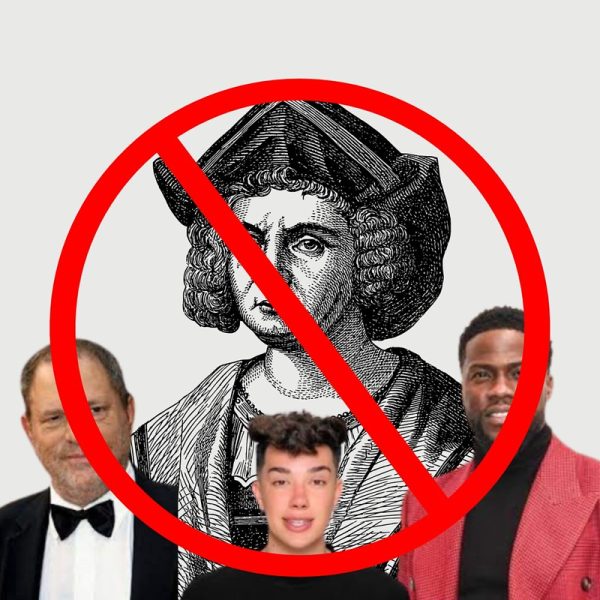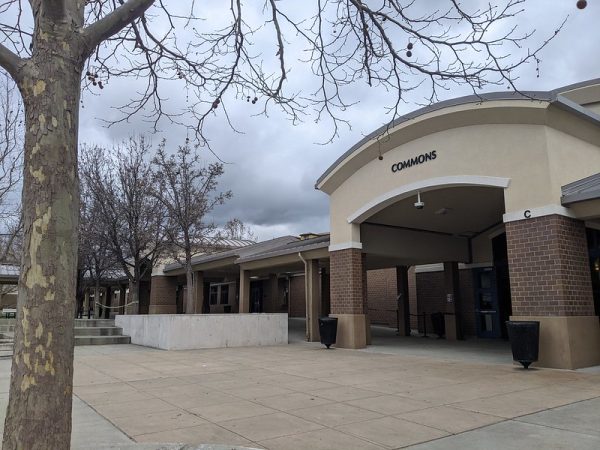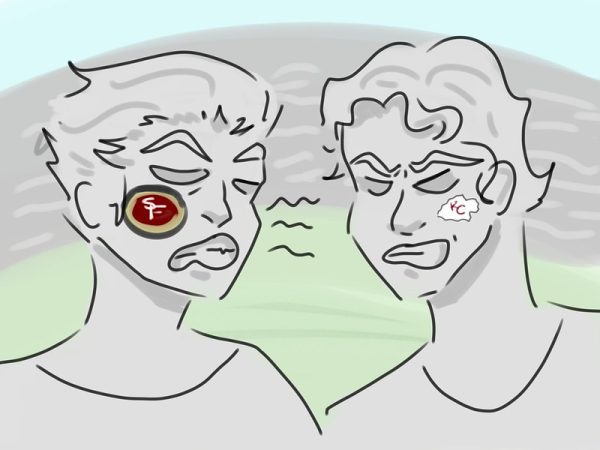The SJW stigma undermines activism and progress
Feminazi, radical Leftist, Social Justice Warrior: what do these terms mean? Why are they constantly being thrown around as accusations and vicious invectives upon activists today?
In a day and age where society, in general, is becoming more progressive and cognizant of its diverse inhabitants, activists lead the frontier for change.
If you go online often, it’s very likely you’ve heard the term “social justice warrior” before. Social justice warriors stereotypically “dogpile” and bully people online for not having the same “politically correct” stances as they do. While the invective connotation began as a critique of a portion of social justice activists and other liberals, it has grown in some respects to represent the entirety of social justice activists. Flourishing on 4chan and Reddit, the term has become a derogatory blanket term to put down people who promote feminism, civil rights, multiculturalism, political correctness and identity politics. The epithet SJW carries the denotation that activists pursue social justice for personal validation more than any deep-seated conviction, and creates the stereotype that some or all progressives are Social Justice Warriors, disingenuous and only interested in raising personal reputation.
The Urban Dictionary’s top definition defines SJW as “an individual who repeatedly and vehemently engages in arguments on social justice on the Internet, often in a shallow or not well-thought-out way, for the purpose of raising their own personal reputation.” The definition has 4845 upvotes and only 649 downvotes, revealing that a majority of people agree with this definition. The definition continues, noting that “a social justice warrior does not necessarily strongly believe all that they say, or even care about the groups they are fighting on behalf of. They typically repeat points from whoever is the most popular blogger or commenter of the moment, hoping that they will ‘get SJ points’ and become popular in return.”
The term SJW serves as a way for people to degrade the motivations of the accused person and imply their motives are personal and superficial. Feminists, who are very often are categorized as SJW’s, experience this debasement through the negative connotations of feminism itself. For example, it is noted that “it’s awfully convenient to have a term at the ready to dismiss women who bring up sexism… The problem is, that’s not a real category of people. It’s simply a way to dismiss anyone who brings up social justice — and often those people are feminists” (Vice).
Now, we acknowledge the fact that there exist some people within the realm of social justice activism who are ill-informed, or attention-seeking, as there will always be extremists in any given population of people. However, to assume that all or most activists are attention-seeking, insincere and driven by hollow and shallow interests is inaccurate and a denunciation at the activists who, in majority, strive to challenge and change the injustices in today’s society. For example, LGBT advocate and “Orange Is the New Black” actress Laverne Cox speaks of her experience as a transgender woman of color through lectures and other private events to encourage “moving beyond gender expectations” and viewing the world through an intersectional perspective. She stands for what she believes in and acknowledges that she has experienced discrimination and harassment in her life due to a lack of awareness among the intolerant. Thus, she peacefully and well-informedly spreads awareness and stands as a social justice activist who defies the stereotypical belligerence of an SJW.
Other definitions of Social Justice Warrior are even more hostile and offensively generalizing. For example, the second most popular definition of SJW on Urban Dictionary defines social justice warriors as “people with paper-thin skin who always find something to be offended about.”
Some believe SJW is a term used to refer to liberal extremists, or “the radical Left.” Thus, people against, unsure about, and for social justice alike hold negative associations with SJW’s.
As one anonymous student stated, “Consider what time we’re in, right? We’re statistically the most timid generation ever. Considering we’re the most sensitive, we’re almost the most vocal. These groups are over-vocalist.”
In response to this stigma against SJW’s (and feminists, too), many social justice activists do not identify with these labels due to their association with extremism. A senior who wishes to remain anonymous observes that “a person can be progressive without being an SJW. In my eyes, an SJW is a liberal person who uses exclusivity in order to push the movements that they support. I’m neither an SJW nor an anti-SJW, though most of my opinions line up to being a progressive.”
Some advocates for social justice, such as your trusty writers, will argue that the term is a put-down used by people who don’t want to see progress.
“I personally think the term [SJW] being used in a derogatory way is another way for right-wing people to find a way to take away voices from under-represented minorities,” former DV student and Tribune writer Rachel Laventure argues. “People want to find a way to undermine what progressive people are pushing for and acting as if we are over-sensitive and trying to be overly politically correct. I also disagree with the usage of politically correct; I think it’s just being a good person. People use social justice warrior because they want to take away the validity of an argument and make it seem petty. The word itself is a cop out.”
At the end of the day, SJW is just another derogatory term towards a group of people who, for the most part, are rallying for the things they believe in, which often entail justice and equality for all. Who’s to say activists can’t reclaim this epithet and embrace the fighting spirit the title implies? There are problems within our community, as there are within every community. But social justice warriors are not the bad guys.

Serena is entering her second year in Journalism as a Staff Writer and her first as Assistant A&E Editor. She joined the Tribune to find her voice as a young adult and social activist, as well as find...

Donovan is currently in his second year on the Tribune staff to continue his mission statement of presenting Dougherty students with underrepresented issues. He initially joined the Tribune to fill up a...

